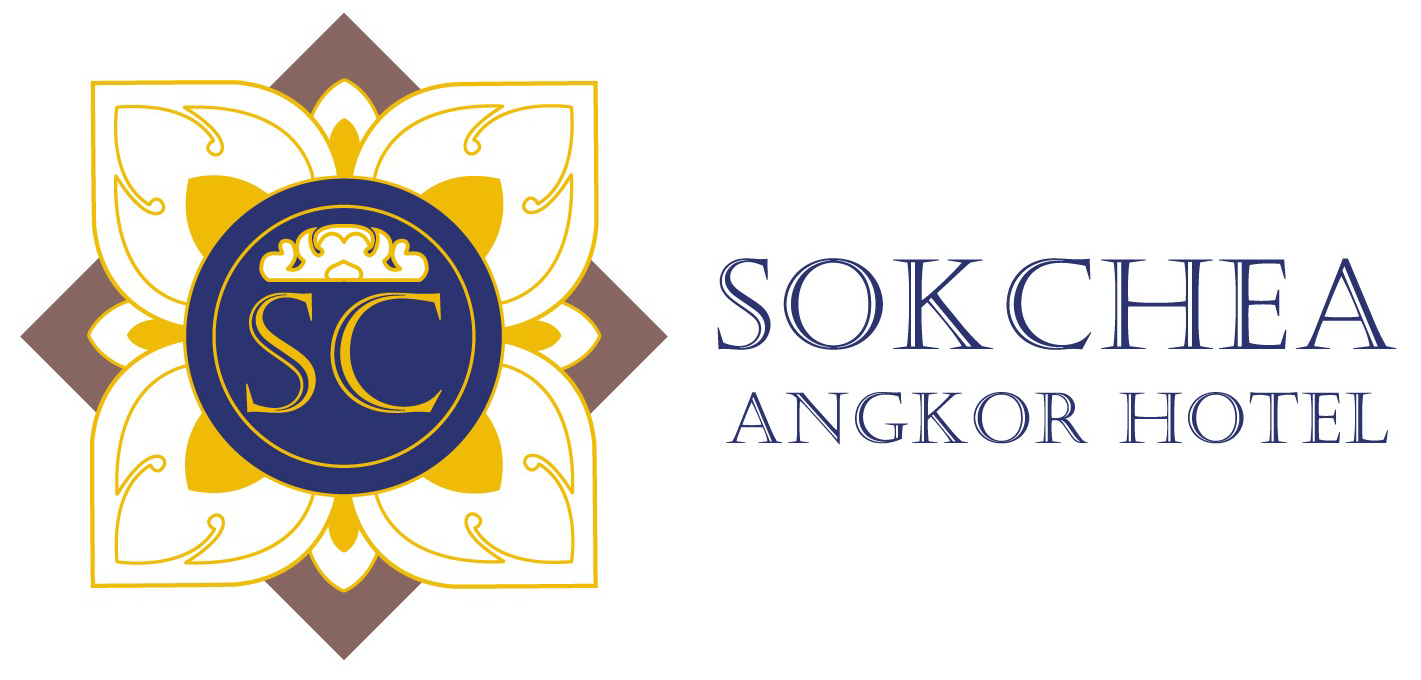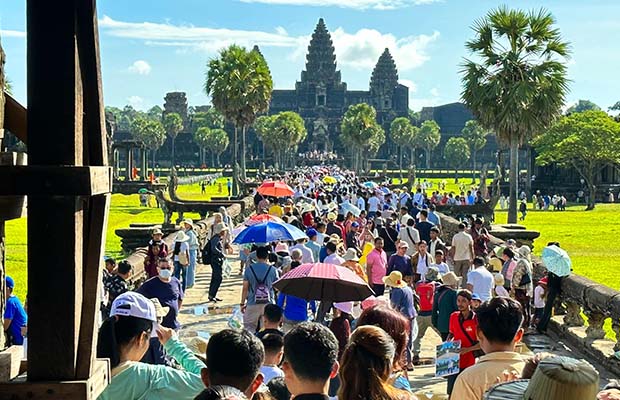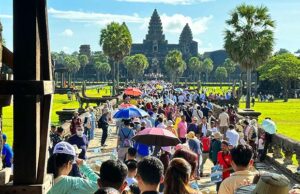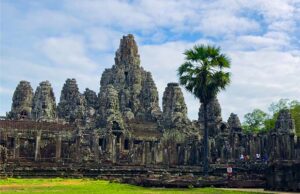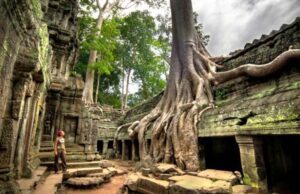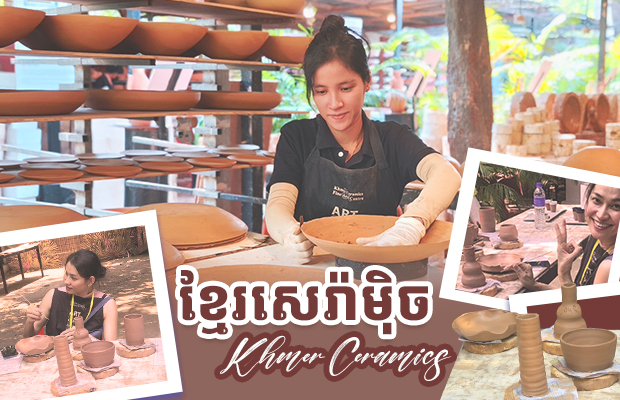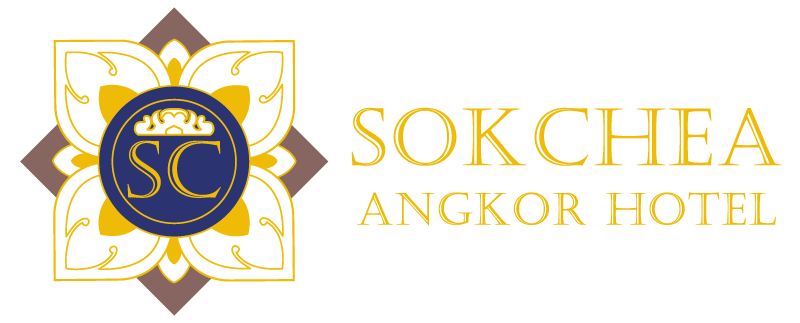Nestled on the northwestern edge of Cambodia’s iconic Tonlé Sap Lake lies a unique and enchanting destination—**Prek Toal**, a floating village and internationally recognized bird sanctuary that perfectly embodies the harmony between nature, culture, and sustainable tourism. This community-based ecotourism site, located in Battambang Province, offers a rare window into the daily life of a waterborne community while providing critical protection to some of Southeast Asia’s most endangered bird species.
What makes Prek Toal truly exceptional is its dual identity. On one hand, it’s a thriving floating village where families live in houses that rise and fall with the lake’s changing seasons. On the other, it is home to the Prek Toal Bird Sanctuary, a biosphere reserve managed with the support of the Wildlife Conservation Society and local conservationists. This flooded forest ecosystem is considered the most important breeding ground for large waterbirds in Southeast Asia, sheltering endangered species such as the Spot-billed Pelican, Painted Stork, Greater Adjutant, and Milky Stork.

The best time to visit Prek Toal is between December and February, during the dry season when the sanctuary comes alive with nesting activity. Birdwatchers, photographers, and nature lovers flock to the area for guided boat tours led by trained local bird guides. Visitors are treated to the sight of hundreds of birds soaring overhead or nesting in treetops, creating a visual and auditory experience unlike any other. Observation platforms within the sanctuary offer panoramic views across the flooded forest, making it a dream destination for wildlife enthusiasts.
Beyond the natural wonders, the heart of Prek Toal lies in its community-based tourism model. Established in collaboration with NGOs such as Osmose, the initiative was designed to offer an alternative livelihood for local families while conserving the fragile ecosystem. Visitors can choose to stay overnight in floating homestays, enjoy traditional Cambodian meals prepared by host families, and participate in cultural experiences like fishing, weaving with water hyacinth, or visiting floating schools and workshops. Every dollar spent contributes directly to the village’s economy and helps reduce pressures like illegal fishing and deforestation.
Getting to Prek Toal from Siem Reap is relatively easy: a short drive to the boat port is followed by a scenic 1–1.5 hour ride across Tonlé Sap. The journey itself is part of the adventure, as visitors travel past vast wetlands and glimpses of life on the lake. Though simple in facilities, Prek Toal offers something that many destinations lack—authenticity, peace, and purpose. It’s not a polished resort, but a place where travelers can witness resilience, biodiversity, and the real rhythms of rural Cambodia.

Whether you’re passionate about bird conservation, interested in local culture, or just looking to escape the crowds, Prek Toal offers a truly memorable and meaningful travel experience. It’s a living example of how ecotourism, when done right, can protect nature while uplifting the communities who depend on it.


